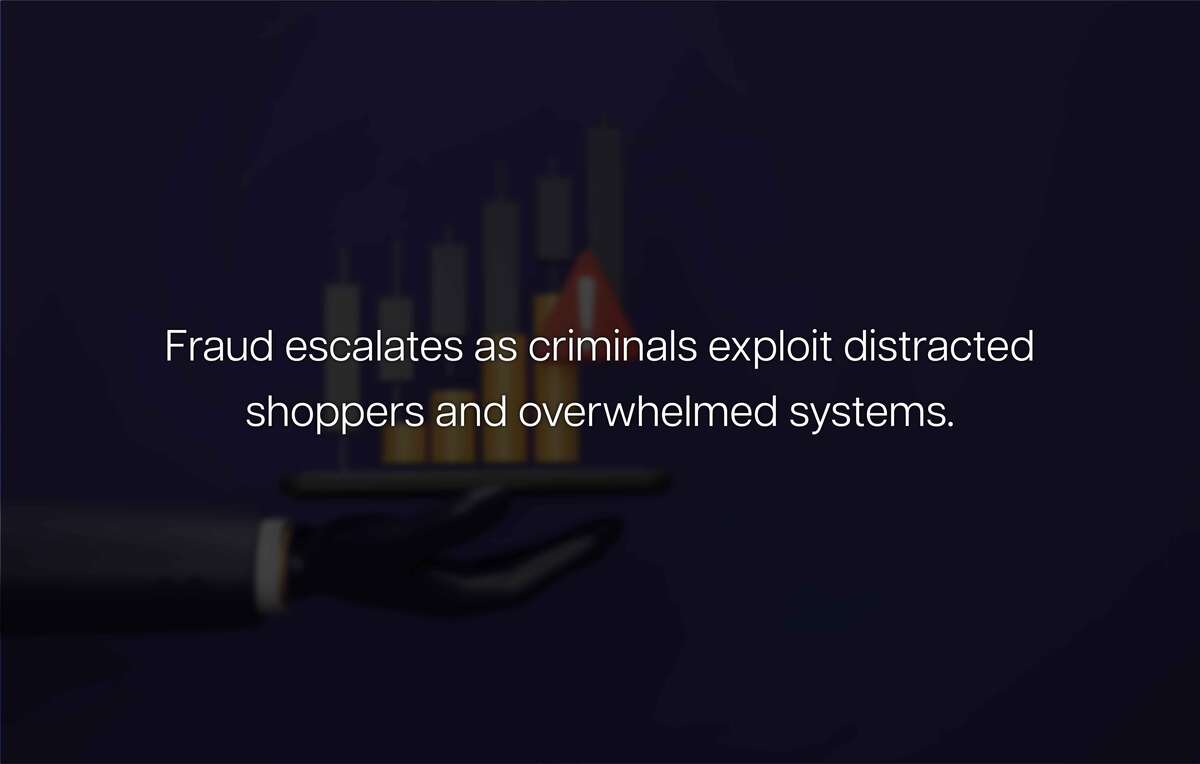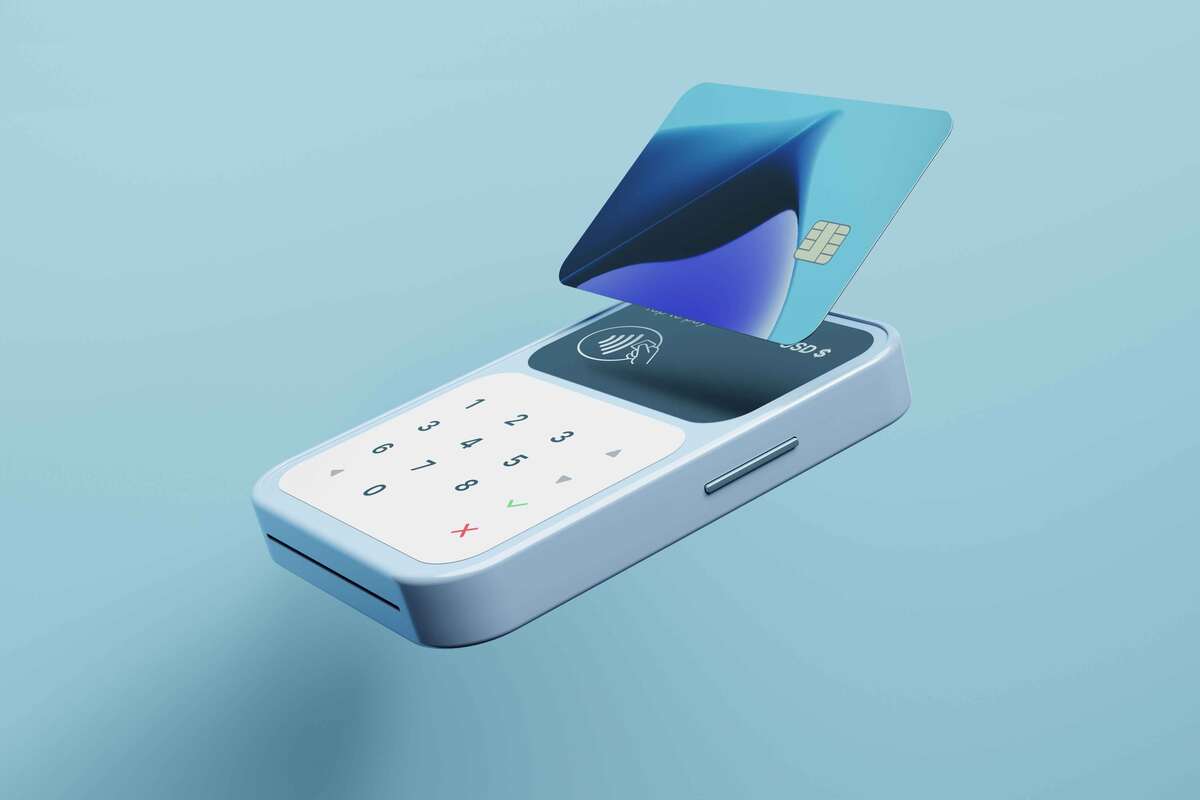Chargeback Spikes During the Holiday Season and What Merchants Can Do to Reduce Impact
Chargeback spikes during the holiday season because customers shop more, make faster decisions, and experience more confusion or stress. Fraud attempts also intensify, increasing the risk of unauthorized transactions. Merchants who strengthen chargeback prevention, optimize merchant accounts, and invest in powerful fraud prevention tools can significantly reduce chargeback losses and protect their holiday revenue.

No hidden fees. Ever.
Real-time accounting
SOC 1 & SOC 2 compliance
Expert human support

Table of Contents
Chargebacks spike during the holiday season because order volume increases, fraud attempts rise, and customers dispute charges more frequently due to shipping delays, gift returns, or buyer’s remorse. These seasonal trends can create significant financial losses for merchants. Understanding why chargebacks increase and what actions reduce risk helps businesses protect revenue during the busiest shopping period of the year.

Why Do Chargebacks Spike During the Holiday Season?
To understand holiday chargebacks, examine the factors that influence consumer behavior and transaction patterns. November through January brings higher shopping volume, tighter delivery deadlines, and heightened consumer expectations. These conditions create more opportunities for disputes.
Key drivers include:
- Delivery delays caused by high carrier volume
- Incorrect or damaged orders during fulfillment rushes
- Family members making unauthorized purchases on shared devices
- Customers disputing legitimate charges after forgetting they made them
- Higher levels of criminal fraud
- Increased returns and refund requests
- Holiday promotions that create confusion about pricing or discounts
Merchants who anticipate these issues can protect themselves with better documentation, clearer communication, and stronger chargeback prevention processes during the holidays.

How Does Fraud Increase During the Holidays?
To see why fraud rises, consider that cybercriminals take advantage of distracted shoppers, overwhelmed support teams, and high transaction volumes. Fraudsters use stolen cards, fake identities, and scripted bots to complete unauthorized purchases before cardholders notice suspicious activity.
Common types of holiday fraud include:
- Card-not-present (CNP) fraud
- Account takeovers
- Friendly fraud disguised as legitimate disputes
- Return fraud involving stolen merchandise
- Gift-card scams
Fraudulent transactions often lead to automatic chargebacks, making robust fraud prevention strategies for ecommerce merchants essential.
How Does Customer Confusion Lead to Chargebacks?
To understand customer-driven disputes, recognize that holiday shopping involves multiple retailers, fast-paced purchases, and discounted deals. Customers sometimes forget their orders, misunderstand subscription renewals, or assume unauthorized activity when the descriptor on their bank statement looks unfamiliar.
Confusion-based chargebacks occur when customers:
- Don’t recognize the billing descriptor
- Believe a family member made a purchase without permission
- Expect quicker shipping than the merchant can provide
- Misinterpret return policies or deadlines
Clearer communication reduces these preventable disputes.
What Internal Weaknesses Cause Holiday Chargebacks?
To identify internal risks, evaluate systems that become strained during peak sales periods.
Common issues include:
- Slow customer support response times
- Inconsistent refund processing
- Inventory miscounts
- Shipping errors
- Holiday staff training gaps
- Outdated fraud filters
Merchants who reinforce internal processes significantly lower their chargeback rates.
How Can Merchants Reduce Chargebacks During the Holidays?
To prevent disputes, merchants need a proactive strategy that targets fraud, fulfillment errors, and customer expectations. Effective prevention requires a combination of clear communication, automated tools, and good documentation.
Key steps include:
- Updating order confirmation emails with accurate shipping timelines
- Using delivery tracking to confirm shipment status
- Clearly publishing return and exchange policies
- Using fraud filters and transaction scoring
- Providing 24/7 customer support or live chat
- Sending follow-up emails before renewal charges
- Monitoring high-risk transactions daily
These actions help minimize misunderstandings and fraudulent disputes.
How Does Chargeback Prevention Software Help?
To strengthen defenses, consider using automated systems that detect suspicious activity before orders process. Chargeback prevention tools analyze data patterns and identify high-risk transactions.
These tools:
- Flag mismatched billing and shipping addresses
- Score transactions for risk
- Block known fraud patterns
- Monitor customer behavior
- Send alerts for repeat disputers
- Provide evidence for dispute representment
For high-volume sellers, partnering with a chargeback prevention service significantly reduces loss.
Why Should Merchants Strengthen Their Refund and Return Processes?

To reduce disputes, provide fast, predictable refund procedures. Many customers file chargebacks only after failing to resolve issues through the merchant first.
Improving this area includes:
- Automating refund notifications
- Clarifying return deadlines
- Offering prepaid return labels
- Communicating processing times
- Responding quickly to status inquiries
Strong return communication prevents unnecessary chargebacks.
How Does Customer Service Prevent Chargebacks?
To prevent disputes, provide quick, accessible support. Customers often turn to their bank when they can’t reach a merchant, and banks typically side with cardholders.
Customer service should:
- Offer live chat during peak holiday weeks
- Respond within 24 hours
- Digitally archive all interactions
- Provide order verification on demand
- Resolve complaints quickly
Better service reduces frustration and prevents impulsive disputes.
Why Should Merchants Review Their Merchant Accounts Before the Holidays?
To understand account risks, evaluate whether your merchant account setup can handle higher seasonal volume. Outdated or poorly configured merchant settings can increase decline rates or trigger fraud filters unnecessarily.
A seasonal review of merchant accounts ensures:
- Updated fraud settings
- Proper MCC categorization
- Accurate billing descriptors
- Sufficient processing volume limits
- Transparent refund timelines
Merchants who update settings before November avoid processing disruptions.
What Documentation Helps Win Disputes?
To represent disputes successfully, merchants need clear, time-stamped evidence. Holiday representments require strong documentation due to increased consumer error and fraud.
Strong evidence includes:
- Tracking numbers
- Signed delivery receipts
- Screenshots of customer service communication
- IP logs and device fingerprints
- Checkout timestamps
- Refund policy acceptance logs
- Detailed product descriptions
Comprehensive documentation increases the likelihood of winning chargeback reversals.
Final Takeaway
Chargeback spikes during the holiday season because customers shop more, make faster decisions, and experience more confusion or stress. Fraud attempts also intensify, increasing the risk of unauthorized transactions. Merchants who strengthen chargeback prevention, optimize merchant accounts, and invest in powerful fraud prevention tools can significantly reduce chargeback losses and protect their holiday revenue.
Supercharge your Payments
RevitPay is here to help you scale smarter — from your 1st transaction to your 100,000th.
Previous
Next
Frequently Asked Questions
Recent Articles
A Seamless Start to Smarter Payment Processing
Request an Application
Submit for Approval
Start Processing
Explore More Online Payment Solutions
Everything you need to process payments wherever, whenever.
Seamless & Secure Payment Processing
Payment Methods That Power High Risk Businesses
We offer a wide range of secure, flexible payment methods tailored to the needs of high risk merchants. From credit card processing and mobile payments to ACH, eCheck, and more, our solutions are built to help your business accept payments confidently.
Credit Cards
Fast, familiar, and essential.
Give your customers the convenience of paying by credit card while maintaining the fraud protection and flexibility high risk merchants need.
Mobile Payments
Payments on the go.
Whether in-store or remote, accept transactions via smartphones and tablets, keeping your business agile and responsive.
Bitcoin & Crypto Payments
Stay ahead of the curve.
Expand your payment options to bypass traditional banking barriers and get paid faster—with global reach and fewer limitations.
MOTO Payments
Mail and telephone orders made easy.
Process card-not-present transactions securely with MOTO functionality, ideal for businesses that take payments by phone or through manual orders.
ACH Payments
Lower fees, higher reliability.
Automated Clearing House (ACH) payments are perfect for recurring billing or high-ticket items, offering a secure, bank-to-bank alternative to cards.
eCheck Payments
Modernize check payments.
Accept digital checks with ease, streamlining your processing while reducing risk and delays often associated with traditional paper checks.
Seamless Continuity Billing for Subscription-Based Businesses
Looking to support subscription models? Our Continuity Subscriptions solution offers automated recurring billing, built-in autobill features, and reduced payment churn—perfect for businesses that rely on predictable revenue.

Find the Right Way to Get Paid
Whether you’re running an online store, accepting payments remotely, or operating in a high risk space, RevitPay gives you the tools to process transactions with confidence and ease.
A Seamless Start to Smarter Payment Processing
Request an Application
Submit for Approval
Start Processing
Ready to get started?
Join businesses who are saving thousands each year with RevitPay.





